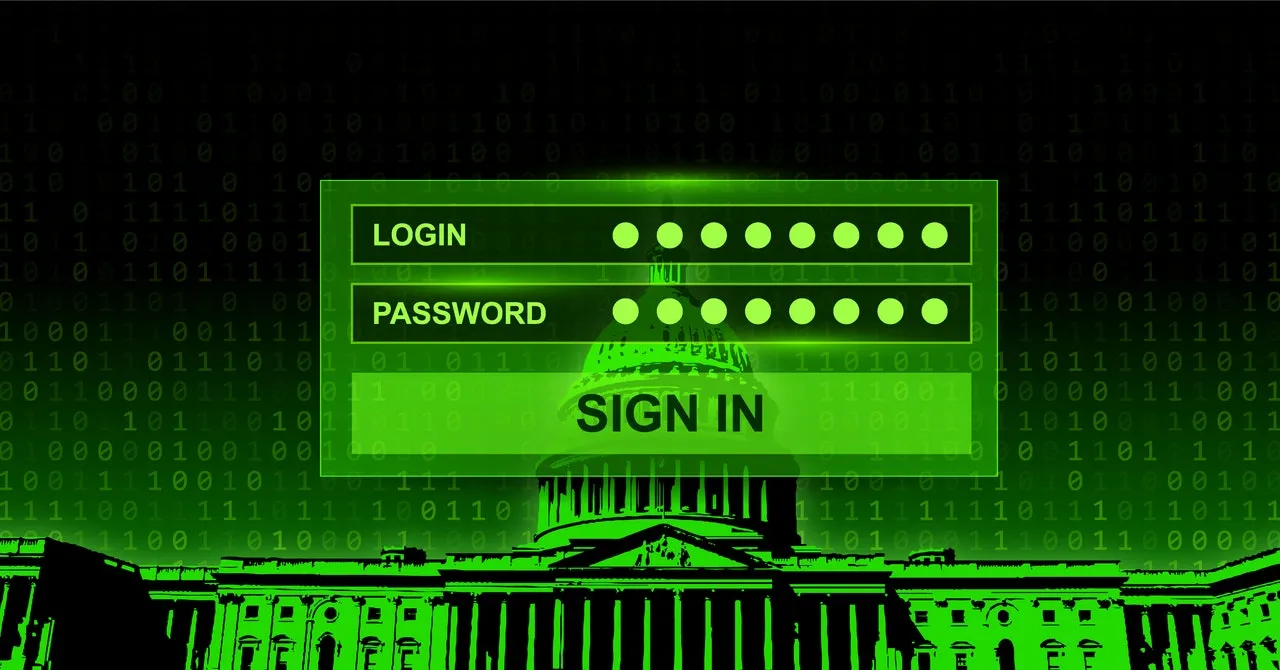Ransomware and Cybersecurity Challenges: A New Threat Landscape for the 2024 Election

As the 2024 election approaches, a new wave of ransomware attacks has emerged, raising alarms within the cybersecurity community. Notably, while state-sponsored actors such as Russia and China have made headlines, it is the cybercriminals, driven by financial gain, who pose a substantial threat to the democratic process. Their operations have included compromised political campaign accounts and disruptive attacks on election systems.
Cybercriminals vs. State Actors
Reports indicate that cybercriminals are now more inclined to execute disruptive hacks compared to their government-backed counterparts. The Election Infrastructure ISAC analysis reveals that malicious entities like ransomware attackers have directly impacted election infrastructure, compared to state-sponsored hackers who favor intelligence-gathering.
The Recent Alarm
Since the events surrounding the controversial 2016 elections, foreign hackers have primarily focused on influence operations rather than outright disruption. Meanwhile, the 2024 election brings heightened risk from ideologically and financially motivated cybercriminals.
- Disruption via DDoS attacks
- Targeting government networks
- Delaying election operations
These trends underscore the urgent need for enhanced cybersecurity protocols to safeguard electoral integrity in an era where threats can come from both foreign governments and domestic criminals. For comprehensive coverage of the evolving threat landscape, please stay tuned.
This article was prepared using information from open sources in accordance with the principles of Ethical Policy. The editorial team is not responsible for absolute accuracy, as it relies on data from the sources referenced.